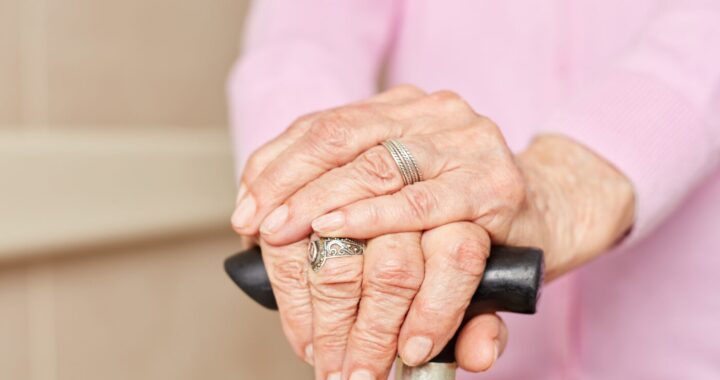
The Role of Support Groups in Women’s Addiction Recovery
Addiction is a battle often fought in the shadows, especially for women. The path to recovery can seem lonely and daunting. In these challenging times, having a community of peers who understand the struggle becomes invaluable. Support groups, especially those tailored for women, can play a pivotal role in the addiction recovery process.
1. The Power of Shared Experience
Bonding Over Common Struggles
In a support group, women meet others who’ve walked the same treacherous path. This creates an immediate bond and a sense of belonging. Sharing personal stories allows women to see that they’re not alone in their struggles.
Learning from Others’ Journeys
Hearing stories of triumphs and setbacks from others provides valuable insights. Women can learn coping mechanisms and strategies that work for their peers, enhancing their own recovery efforts.
2. Addressing Gender-Specific Concerns
Unique Challenges for Women
Women with addiction may face gender-specific challenges, such as societal judgment, the pressure of caregiving roles, or trauma-related triggers. A women-only support group can offer a safe space to discuss these sensitive topics without fear of judgment.
Fostering a Safe Environment
In support groups tailored for women, participants often feel more comfortable sharing personal and potentially vulnerable details about their experiences. This leads to richer, more beneficial discussions.
3. Emotional Support and Validation
Empathy and Understanding
Support groups provide an environment of empathy. Members often validate each other’s feelings, assuring one another that their emotions, fears, and concerns are legitimate and shared by many.
A Non-Judgmental Space
Unlike other settings where women might feel judged or misunderstood, support groups are built on mutual respect and understanding.

Here, every story, no matter how grim, is met with nods of recognition and words of encouragement.
4. Accountability and Motivation
Staying on Track Together
Being part of a group brings a level of accountability. Knowing that there are others who care about your progress and are cheering for you can be a strong motivator to stay sober.
Celebrating Milestones
Small victories in recovery, like reaching sobriety milestones, become celebratory events in a support group setting. These celebrations boost morale and offer hope to those in the early stages of their recovery.
5. Building Lifelong Bonds and Networks
Beyond the Group Meetings
Many women form deep friendships within their support groups. These relationships often extend outside of the group meetings, providing additional layers of support in day-to-day life.
Creating a Supportive Network
Through the group, women can build a network of contacts. Whether it’s someone to call during a challenging moment or a friend to join for a sober outing, these connections play a vital role in sustained recovery.
6. Access to Resources and Information
Staying Informed
Support groups often provide their members with valuable resources, such as literature on addiction and recovery, information about local therapists or rehab facilities, and updates on upcoming workshops or events.
Bringing in Experts
Many support groups occasionally invite guest speakers, like therapists, medical professionals, or long-term recovery advocates, to share their expertise.

This can provide group members with new perspectives and tools to aid their recovery journey.
7. The Importance of Continued Participation
Giving Back
As women progress in their recovery, they often take on mentorship roles within their support groups. Guiding newer members can be a therapeutic experience, reinforcing one’s own commitment to sobriety.
Lifelong Learning
Addiction recovery is a lifelong journey. Continuing to participate in support groups allows women to stay grounded, refreshed, and reminded of the tools and strategies that help maintain sobriety.
Conclusion: A Pillar of Strength and Understanding
Support groups, especially those designed for women, offer a lifeline during the tumultuous journey of addiction recovery. Through shared experiences, mutual understanding, and unwavering support, these groups become a beacon of hope, guiding women toward a brighter, sober future.





